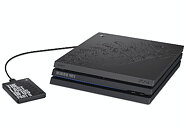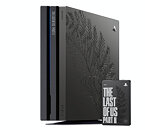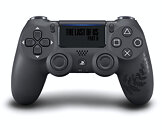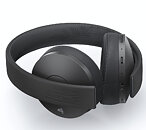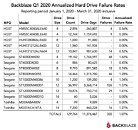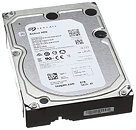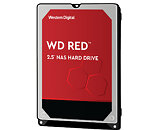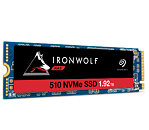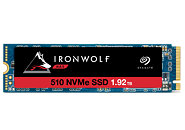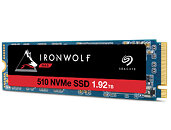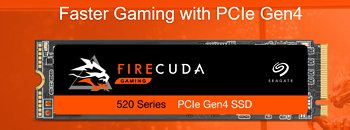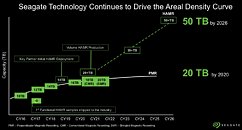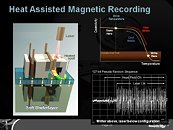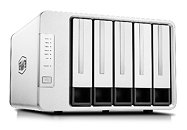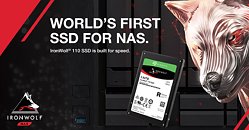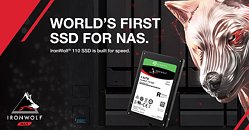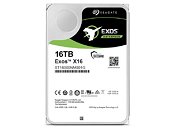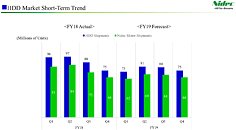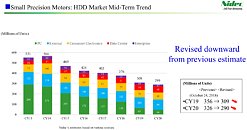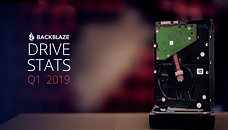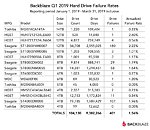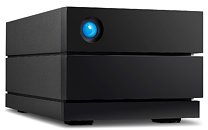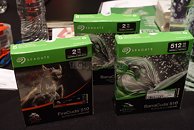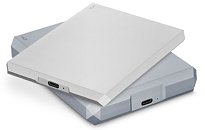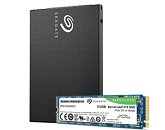
Seagate Announces "The Last of Us Part II" Licensed Game Drives
Seagate is pleased to introduce the Limited Edition The Last of Us Part II Officially Licensed Seagate 2 TB Game Drive, arriving alongside the game's launch on PlayStation 4 (PS4 ) and PlayStation 4 Pro (PS4 Pro). Seagate's latest addition to its popular line of storage for gamers offers an expansive 2 TB of storage, and celebrates the release of The Last of Us Part II with a laser-etched design that features Ellie's distinct tattoo. Players can download The Last of Us Part II, store the full game on this drive, and quickly start playing.
Optimized for PS4 and PS4 Pro consoles and offering seamless installation, Seagate's latest special edition Game Drive is small and lightweight enough to slip into a pocket. It does not need a separate power adapter and can store more than 50 downloaded games for playing on the go.
Optimized for PS4 and PS4 Pro consoles and offering seamless installation, Seagate's latest special edition Game Drive is small and lightweight enough to slip into a pocket. It does not need a separate power adapter and can store more than 50 downloaded games for playing on the go.


